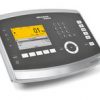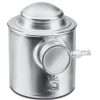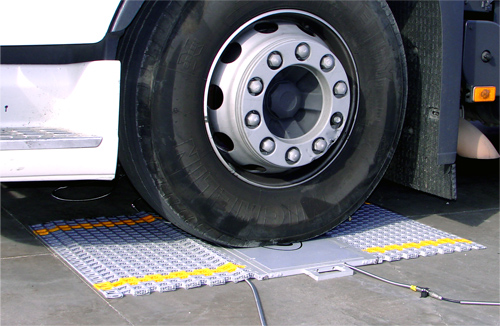There is the problem though that some who uploads videos do not have all the correct words or correct chords or notes for the pieces you would like to learn. Sonja Joubert is a master pianist classically trained by the late master Mr Josias Van Der Merwe and the late Adolph Hallis. She is also an excellent piano teacher with over 35 years of teaching experience specialising in both jazz and classical piano.
I have found Book 2 a useful starting point for adults returning to the piano after a number of years (assuming they reached at least a UK Grade 2/3 level and know the basics). The course is suitable for teachers to use in lessons, but also for the self-taught learner. Concepts are introduced at a fairly slow pace to start with so if you are a particularly quick learner you may find that you move forward through the first half of Book 1 fairly rapidly. There are books out there for adults, it’s just that there are less of them and it’s harder to find information on them.
Plus, once you learn the basics, it becomes so much easier to play more advanced notes and chords on a keyboard. A committed auto-didact, I am a largely self-taught piano teacher, and my approach to teaching has been shaped by the way I was taught as a child and teenager, and latterly as an adult piano student. The best teachers, in my opinion, are the ones who empower their students to become confident, independent, enabled individuals rather than clones of the teacher. If you also feel that learning to play the piano is difficult, time-consuming and unexciting, we are pretty sure that you’ll like Dodeka. With its simple music notation and its innovative keyboard – an insane linear layout with no more black keys, Dodeka helps you play the piano and your first songs in minutes. Flowkey teaches you to play great songs without having to practice reading sheet music for years. The app shows you exactly how to play each note and checks if you play along correctly.
Learning solfege to play the piano
I think it’s important to keep your possible achievements realistic, so as not to stretch too far and give up in frustration. Nonetheless, for what I really want to do, create music,4 the skills being developed are valuable, and, importantly, I’ve found learning piano enjoyable enough in itself to continue with it. But, it requires a lot of discipline and the persistence to battle through the tricky skills you’ll need to learn. The only downside I can think of taking lessons is their financial cost.
Beginner pianist teaches himself the piano in just a YEAR – and he’s documented the whole process
Much of my teaching now seems to be focused on steering students away from a pre-conceived Right Way onto the path of Your Own Way. The first book I was using was The Classic Piano Course Book 1 by Carol Barratt. Beginning from basics, it introduces new ideas throughout every couple of pages, moving briskly, without being overwhelming. Certainly, except towards the last third or so of the book, with a little practice each day, it was possible to get most of the simple pieces to a decent standard in a week or so. I’ve been playing since I was 4, 13 years, but stopped formal lesson when I was 10 at Grade 3. We kept our piano because my brother also plays so I’ve always played in my free time since, so I can play to a good standard anyway. A scale is a set of musical notes ordered by fundamental frequency and pitch.
You can hop onto your local seller website and buy a used piano from £150 – that’s not a guarantee of poor or good quality so it would be useful to take someone with you whose knowledgeable about pianos. 2) willing to go through the first pages really slowly and meticulously and stick to it even though these first study guru lessons are not exactly the most exciting ones. You might get a bit bored or frustrated, but if you keep going you will get there, and it will soon get more interesting. In other words, when Debargue is playing, his performance sounds like he is improvising in front of an audience than replicating a piece.
Learn your way around the keyboard
If you really are serious about your music – going for lessons will and can only help you much much more than trying to do it yourself. Yes, it is absolutely possible, especially today with Google and YouTube’s accessibility where one can find everything you need in written format and on video which makes learning easy. Over the summer break I have been doing quite a bit of thinking about how we teach and how our pupils learn.
Search for videos that tech specific techniques, notes, and other tips and tricks for beginners – you’ll learn so much more at a quicker pace, so it’s well worth taking advantage of. A good place to begin is to memorise the location of notes on the white keys. It may take a little time, but once you start to remember them more naturally, you’ll start to find everything much easier. To play a C chord, start with your right thumb on the C note – the first white key to the left of a group two black keys. Because the A note is the beginning of the musical alphabet, it’s worth familiarising yourself with its location on the keyboard.
If you sit down for a very long touch typing session, you may feel tired and frustrated by the end, and this can lead you to make more mistakes and feel demotivated. In 2014, Noam founded the company Jungle Jam Publishing, providing high quality educational products and services to music institutions and anyone else who has an interest in music education. Given Noam’s continued success and wealth of experience in the sector, it was a no-brainer for us to bring him back to help produce a book for an audience he has an intimate knowledge of.









